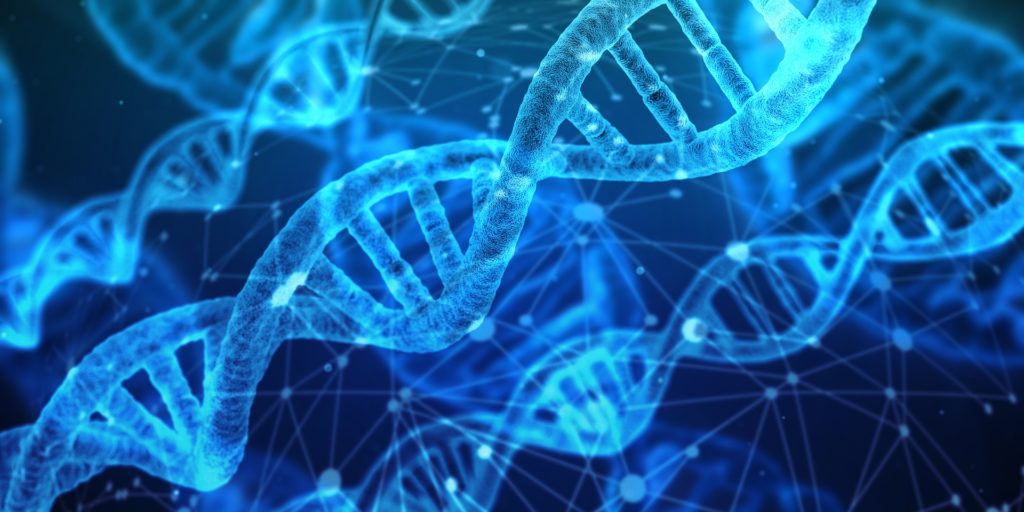Share this Page:
Researchers from France and the USA have shown that the bacteria living in our digestive system seem to influence the effectiveness of immunotherapy to shrink tumours.
The researchers tested the microbiome of cancer patients. The microbiome is the collection of 10-100 trillion micro-organisms (mostly bacteria) that live in our guts.
The two studies, published in the journal Science, linked specific micro-organisms and the overall diversity of the microbiome to the effectiveness of immunotherapy drugs. The relationship between our bodies and micro-organisms goes far beyond infectious diseases, and the microbiome is involved in digestion, protection from infection, and regulating the immune system.
Both studies were on patients receiving immunotherapy, which boosts the body’s own defences to fight tumours. Immunotherapy doesn’t work in every patient, but in some cases it can be very successful and it can even get rid of terminal cancer.
One study, at the Gustave Roussy Cancer Campus in Paris, looked at 249 patients with lung or kidney cancer. Patients who had taken antibiotics for the treatment of an infection damaged their microbiome, and were more likely to see their tumours grow while on immunotherapy. A response was linked to a bacterium called Akkermansia muciniphila, and boosting the levels of this bacterium in mice seemed to also boost their response to immunotherapy.
The second study from the University of Texas MD Anderson Cancer Center, analysed the microbiome of 112 patients with advanced melanoma. Patients who responded to immunotherapy tended to have a richer, more diverse microbiome than those who did not. They also had high levels of the Faecalibacterium and Clostridiales species of bacteria, which appeared to be beneficial, while high levels of Bacteroidales species were bad news in the study.
Dr Emma Smith from Cancer Research UK, said: “It’s fascinating. One of the big challenges for using immunotherapies to treat cancer is understanding which patients will respond, and this research is a step towards helping doctors to identify these people.”
Read the article from the BBC here














